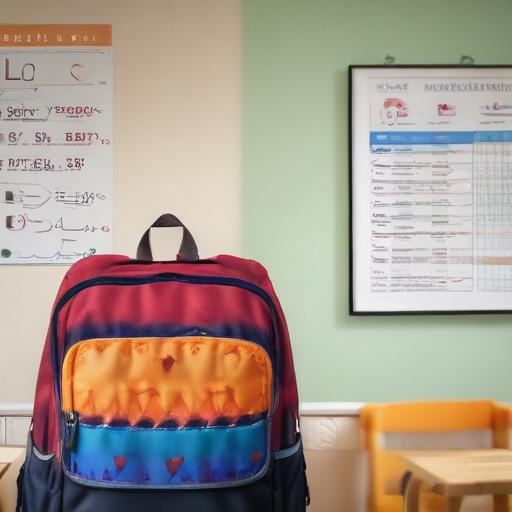U.S. kindergarten vaccination rates have declined for another year, while the number of children with exemptions has reached a record high according to newly released federal data. The rate of children exempted from vaccination requirements has climbed to 4.1%, an increase from 3.7% the previous year, marking the highest level in three consecutive years. The majority of these exemptions are attributed to nonmedical reasons chosen by parents.
The proportion of kindergartners receiving their required measles-mumps-rubella (MMR) vaccinations has also decreased slightly to 92.5%, down from earlier figures that hovered around 95% prior to the COVID-19 pandemic. This level of vaccination is crucial to preventing the spread of infections and averting potential disease outbreaks.
The announcement of these vaccination rates comes amidst a troubling rise in measles cases across the United States, with over 1,300 cases reported this year, marking the most significant outbreak in over 30 years. Dr. Sean O’Leary from the American Academy of Pediatrics expressed concern that lower vaccination rates could lead to further outbreaks in the upcoming months but held out hope that the ongoing measles outbreaks may encourage more parents to vaccinate their children before school begins.
Despite this potential for increased vaccinations, Dr. Philip Huang, health director of Dallas County, expressed skepticism, particularly noting Texas’s considerable measles case count and the recent legislation that simplifies the exemption process for parents.
The Centers for Disease Control and Prevention (CDC) typically shares vaccination data through its Morbidity and Mortality Weekly Report but opted for a quieter online release this year. This strategy has led to concerns among public health officials about the messaging surrounding vaccination, especially as the language seems to stress personal choice over community health protection.
Vaccination rates among kindergartners have been a focal point for public health officials, largely due to schools acting as focal points for disease transmission. Although all states mandate vaccinations for school attendance, they often provide exemptions for medical, religious, and other nonmedical reasons. With the online misinformation and politicization surrounding vaccinations rising, these debates have influenced parental choices regarding their children’s vaccinations.
While there remains a considerable number of parents committed to vaccinating their children, this trend reflects a broader challenge in public health. Addressing access issues is essential, as a gap exists between vaccination rates and exemption percentages, suggesting room for improvement in reaching families with necessary information and resources.
Optimistically, the majority of parents are still ensuring that their children are vaccinated, highlighting an opportunity for health professionals to engage with communities and encourage informed decision-making regarding vaccinations.
